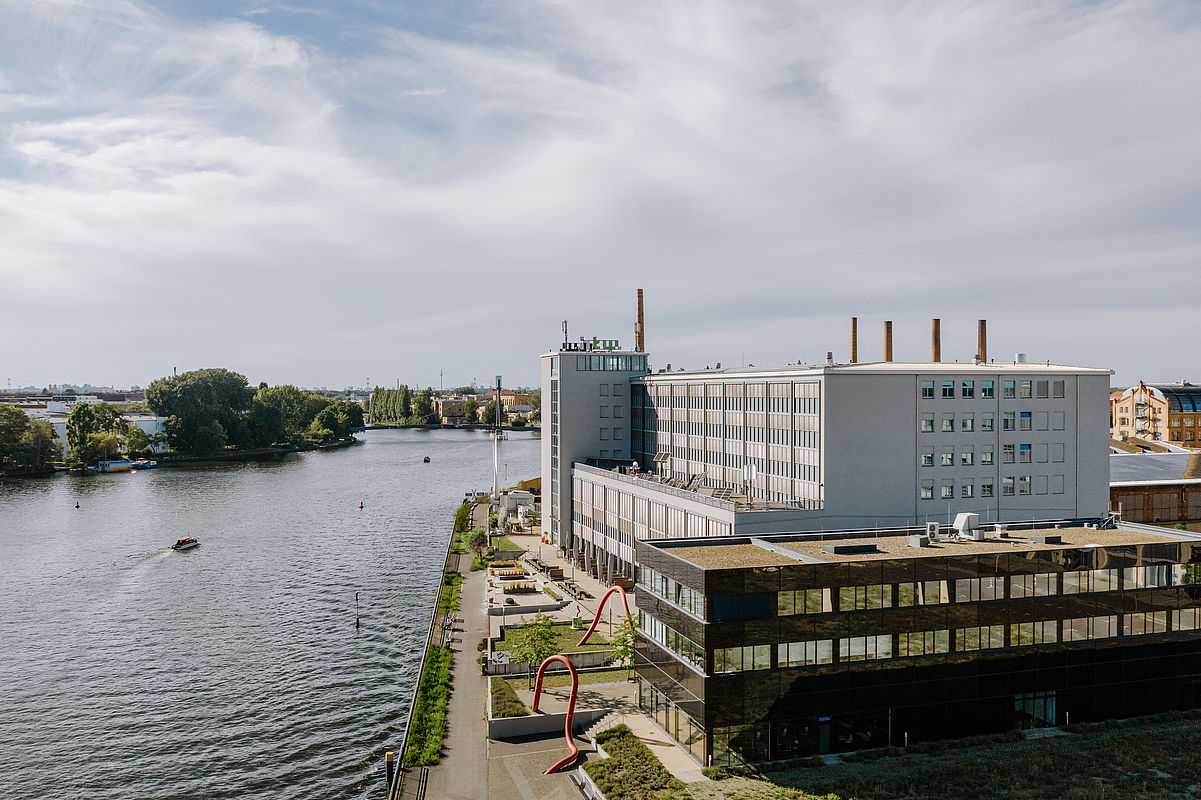17th International dCache Workshop
→
Europe/Berlin
room H001 (HTW Campus Wilhelminenhof, Building H)
room H001
HTW Campus Wilhelminenhof, Building H
Wilhelminenhofstraße 75A, 12459 Berlin
Description
The 17th International dCache workshop 2023 will take place from 2023-05-31 to 2023-06-01 in person and hosted by the HTW Berlin - University of Applied Sciences. As with earlier workshops, the dCache team is eager to maintain and strengthen the relationship to dCache system administrators, experienced or novice. Contributions to the workshop will focus on presenting mechanisms helping sysadmins to run secure and fault tolerant dCache systems.

© HTW Berlin/Alexander Rentsch
Info & Support
Registration
Register to workshop
